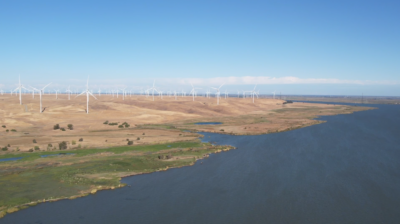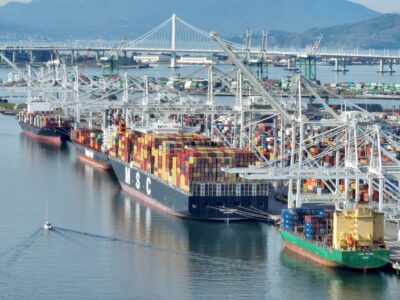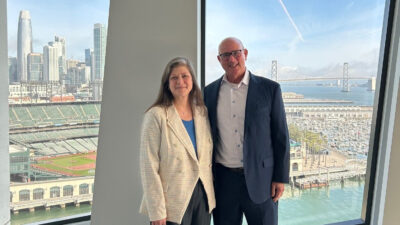Bay Area Council Prevails in Lawsuit Opposing Trump Administration H-1B Restrictions
The U.S. District Court for Northern California this week (Dec. 1) handed the Bay Area Council and U.S. Chamber of Commerce a major victory in a lawsuit to block the Trump Administration from implementing harmful new restrictions that effectively gut an important foreign worker visa program on which thousands of U.S. employers across many industries rely to fill key positions. For decades, the H-1B visa program has been an invaluable tool for Bay Area companies whose need for high-skilled workers has exceeded the pool of talent available domestically.
The court effectively rejected the Trump Administration’s attempt to rush through the new restrictions and sidestep the normal public review process. The court did not rule on the merits of the Administration’s rule changes.
“This is a major win for our economy and for our ability to recover from the worst downturn in generations,” said Council CEO Jim Wunderman. “H-1B workers fill an important need in our economy and provide immense benefits not only to the companies they work for but the communities where they live. Many of the leading and fastest-growing technology companies in the Bay Area have been founded by entrepreneurs from other countries who first came here on visas. Closing the door to talent from around the world will drive those skills and the opportunities they create to other countries who are more welcoming. In the end that means fewer U.S. jobs. The Bay Area and America must continue to be a place where anyone around the world can come to pursue their dream or dream job.”
The Bay Area Council joined the U.S. Chamber of Commerce (statement), which was the lead plaintiff in the lawsuit, Stanford University, the National Association of Manufacturers and other business and industry groups in challenging the misguided Trump restrictions. Bay Area companies like Facebook, Google, Apple and Tesla use H-1B visas to engage workers with specialized skills, and universities such as Stanford and Berkeley do as well. In the Bay Area 40-45% of technology companies have been founded by immigrant entrepreneurs. Of 91 unicorns (billion dollar plus companies) that were recently surveyed nationally, more than half had at least one immigrant founder and 75 had at least one immigrant in key roles such as CEO, CTO of Chief Product Officer. Thirty-three of those companies, which on average create 1200 jobs, are in California, with most concentrated in the Bay Area.





